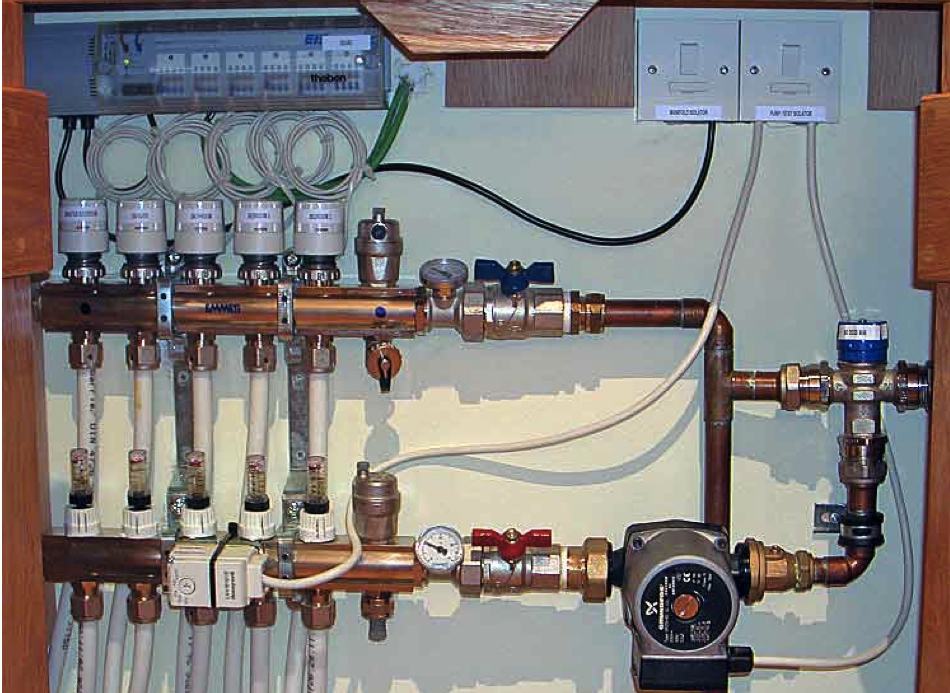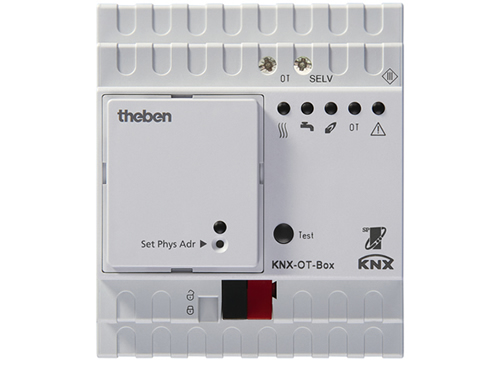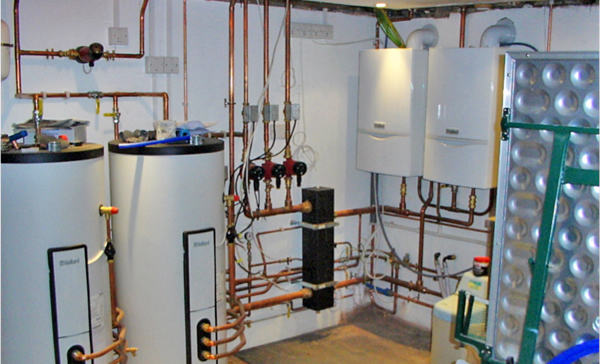 By Simon Buddle, Future Ready Homes.
By Simon Buddle, Future Ready Homes.
Copper pipes, water pressure and boilers are, for the most part, the preserve of the plumber. With vents and pressure gauges, drain valves and secondary flows, it is, at first glance, a mystery that is best steered clear of. With the infamous words of ‘Scotty’ from Star Trek ringing in our ears, we’ve chosen to side step the potential issues that might come our way in the boiler room. Arriving on site to hear the hot water cylinder say “I’ve had enough, I’m leaving, via the roof”, isn’t generally part of a broader conversation we want to have.
For good reason, specialists are employed to install the boilers. We have a need for heat (or at least the control of it), and typically, we provide a volt-free contact to the plumber and that is our ‘demand’ signal. That doesn’t however, necessarily give the client a particularly efficient system, and in certain instances, such as under-floor heating, it may not enable the system to respond or adapt quickly to the changing seasons or adverse weather.
If we are able to influence the choice of boiler, we can generally provide the client with a more energy-efficient system if the boiler can either:
a) Respond to a 0-10V demand.
b) Have the facility to have a weather compensation kit fitted.
c) Or better still, adhere to the OpenTherm standard.
0-10V Signal
Using a 0-10V signal enables the boiler to modulate its burners to vary flow temperature, giving rise to greater efficiency. With condensing boilers, we, or rather the plumber, should aim to ensure that the return temperature is low enough to enable the boiler to run in condensing mode to be as efficient as possible. That topic is worth an article all of its own. The 0-10V means that the boiler is not producing excess heat when it is not required.

Weather Compensation
Another variable that can be an issue is a sudden drop in the temperature outside. Installing a weather compensation kit will allow the boiler to adjust the set point flow temperature upwards in accordance with these drops outside, thus providing more heat into the system in order to compensate for the heat loss that the building will experience during a cold spell.
If neither of these is done at the boiler, then we are able to provide similar functionality via KNX components, but this will require a bit of logic and we may not make best use of the boiler’s capabilities.
OpenTherm
OpenTherm (OT) is interesting and is KNX compatible. The OpenTherm protocol, which is being adopted internationally, enables a room thermostat or other device such as a KNX heating actuator to modulate the boiler based upon the demand from the room or the system as a whole. In addition, boilers can be interrogated for faults, burn times, flow temperature settings and a host of operating parameters which may be of value when used in conjunction with a VPN (Virtual Private Network) on the data network, as it could provide useful maintenance information.
Products such as the Theben KNX-OT-Box bring these messages back onto the KNX backbone and indeed provide facilities to send weather compensation information directly to the boiler from the bus.

Logic modules are not expensive, but PI (Proportional Integral) and PID (Proportional Integral Derivative) curves are not inherently embedded in the cheaper units. To gain such functionality will cost a little more, so the easiest route into boiler efficiency normally, will be to get the boiler to modulate the flow temperature. There are products such as the Loxone Miniserver that will give you a formidable programming environment to take control of the plant room, but it will require some programming skill and a clear understanding of the plant room design.

Conclusion
Whether you get into plant room control or choose to stay on the outside of that particular door is, I’m sure, not a five-minute conversation for most companies. The financial rewards are limited in so far as add-on sales to the KNX system are concerned. However, it really will make a huge difference to the system’s performance and the customer’s energy bills if it is done correctly.
In a broader sense, we are also positioning ourselves as experts in our field which, hopefully, will pay dividends in the long run. As well as this, there is the idea that we might just go home with a glad feeling in our heart, sure in the knowledge that we are doing our bit to leave behind a functioning planet that isn’t totally depleted of its natural resources. Until next time, live long and prosper!
Simon Buddle is a consultant for Future Ready Homes, a specialist in BMS and ELV services system design. Simon is also a regular contributor to KNXtoday magazine.
You are welcome to comment on this article. See below.












